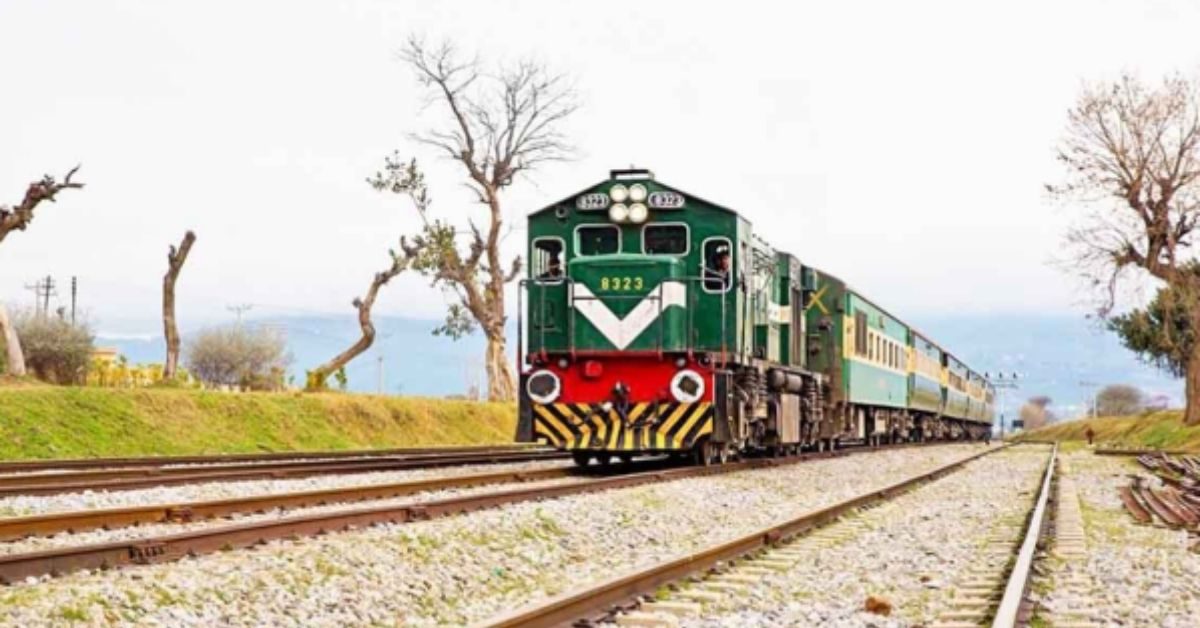The locals said the industrialists, who had abandoned their industries citing higher transportation costs, are likely to come back given the train connectivity to Biratnagar, one of the key trade routes between Nepal and India.
Rakesh Surana, president of the Chamber of Industries, Morang, said that the operation of the railway will significantly reduce the cost of production and lower the end user price for the customer too.
“This would boost industrial activities in the region if the government gives continuity to the railway operations,” added Surana.
According to Surana, the cost of transporting goods from Kolkata to Biratnagar in container trucks is INR3 per kg. However, the cost to bring in the same goods from Kolkata by railway would cost INR1.95 per kg.
The railway service covering an eight-kilometre distance from Bathnaha in India to Biratnagar in Nepal came into operation last Thursday. Around 500 industries of small and large scale are in operation in the Sunsari-Morang industrial corridor.
“In addition to the decrease in transportation costs, the railway operations will also decrease the cost charged by shipping liner companies. As well, there will be reduced hassles at the Kolkata port as the shipping containers will be available at Biratnagar customs yard for exports,” said Nabin Rijal, president of Morang Merchants Association.
With the operation of the cargo rail, the traders of Biratnagar will no longer have to bring in goods via Birgunj customs as they will have direct access to Visakhapatnam port in south India as well.
However, the customs yards lack the material holding equipment which might be problematic for loading and unloading the goods transported by rail, said Rijal.
Daily, around 4,500 tonnes of goods in more than 300 container trucks come into Nepal from Kolkata and other Indian cities through the Biratnagar customs point. Of the total imports, around 80 percent is from India while the rest is from third countries.
With the cargo rail coming into operation, 60 percent of the imports from India and 100 percent of the goods from the third countries will come via rail, the traders said.
Chuda Mani Bhattarai, executive director of the Chamber of Industries Morang, said that according to a study by the chamber, the rail operations would save around Rs6.048 million, daily, in transportation costs for the industries in Biratnagar.
Officials are also hopeful of an uptick in government revenue after the start of the operation of cargo rail.
Gyanendra Dhakal, chief of the Biratnagar customs office, said, “The volume of transactions via this customs point will increase after the operation of the railway. It’s economical and time-saving as compared to other customs, hence, an increase in the revenue.” The Biratnagar Customs had set a target of collecting Rs60.03 billion of revenues in the current fiscal year. However, it had only been able to collect 56.02 percent of the target by the end of May.








